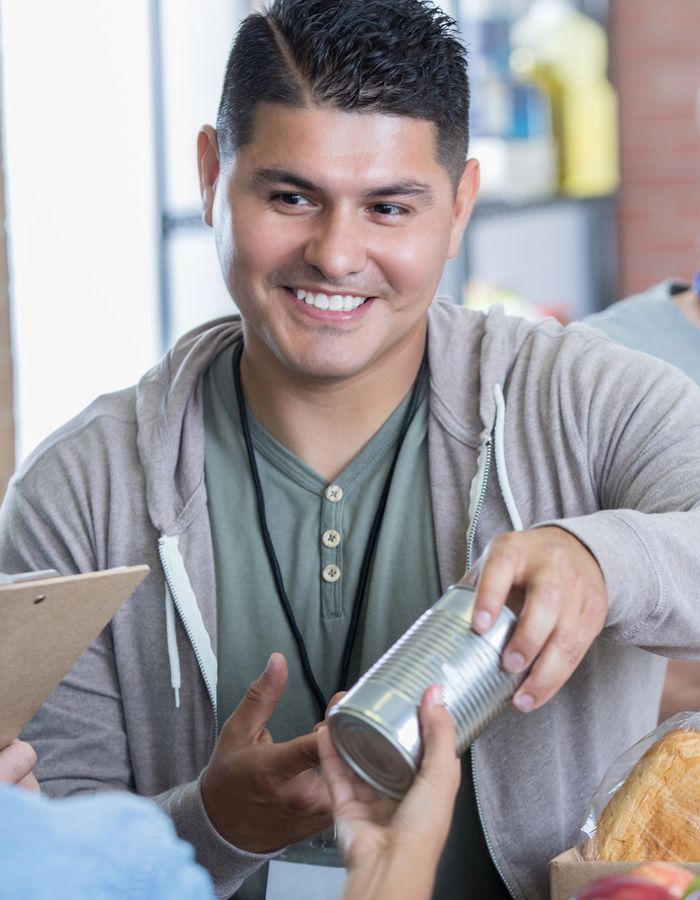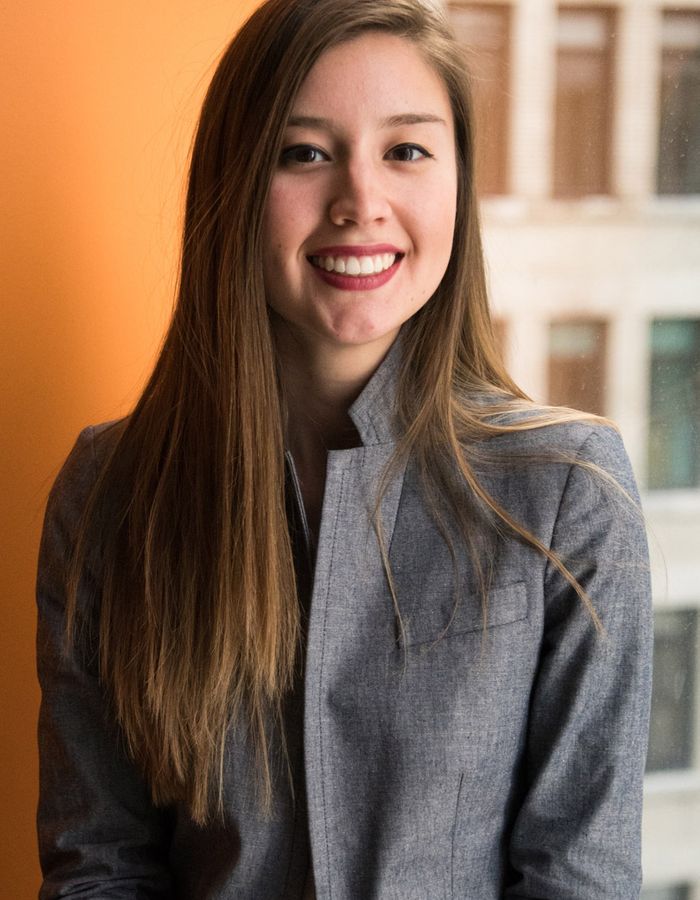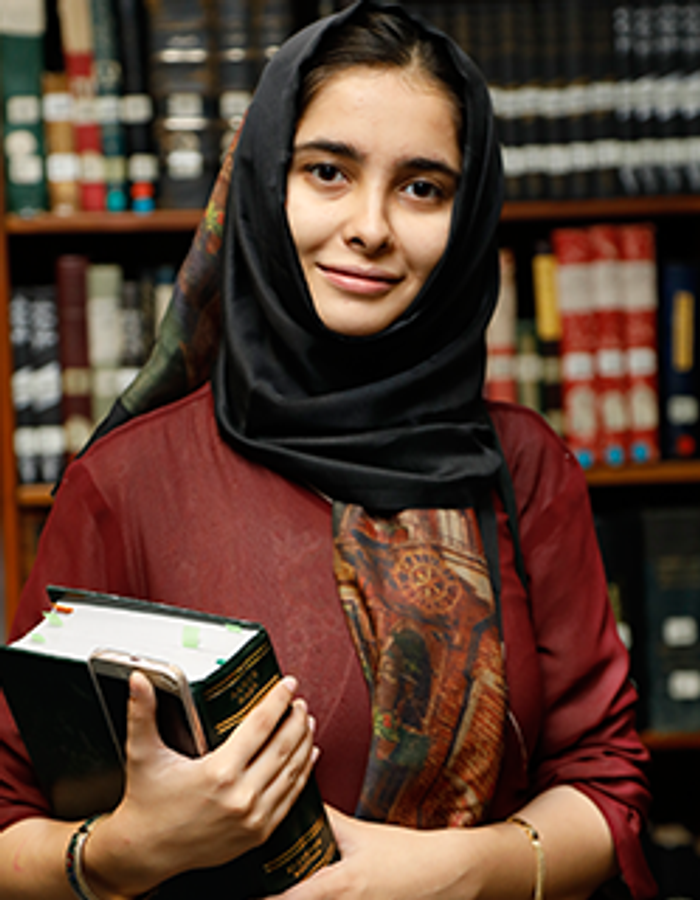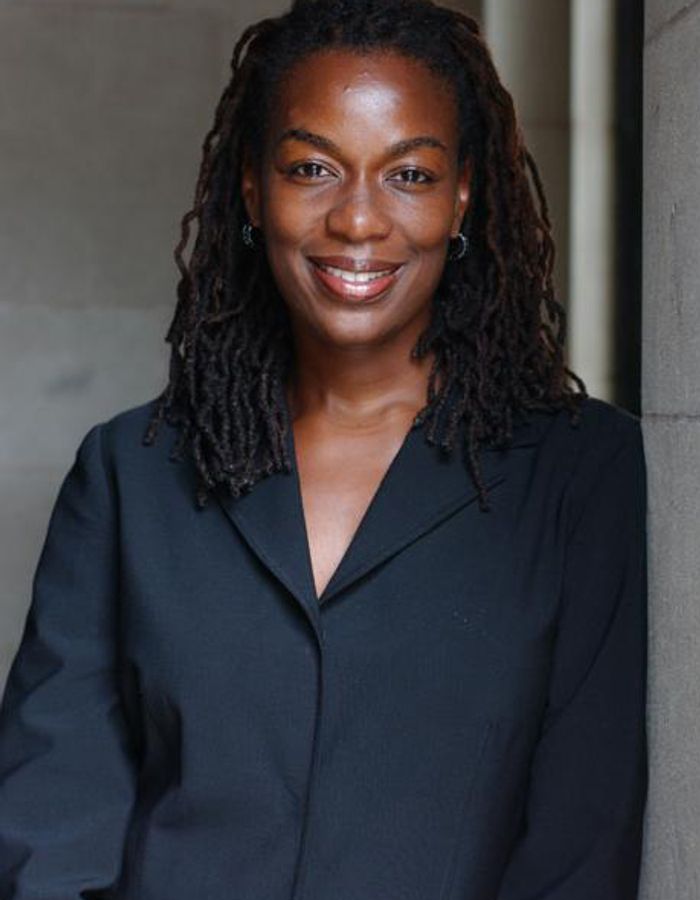Pride month - Learning more about the Log Books
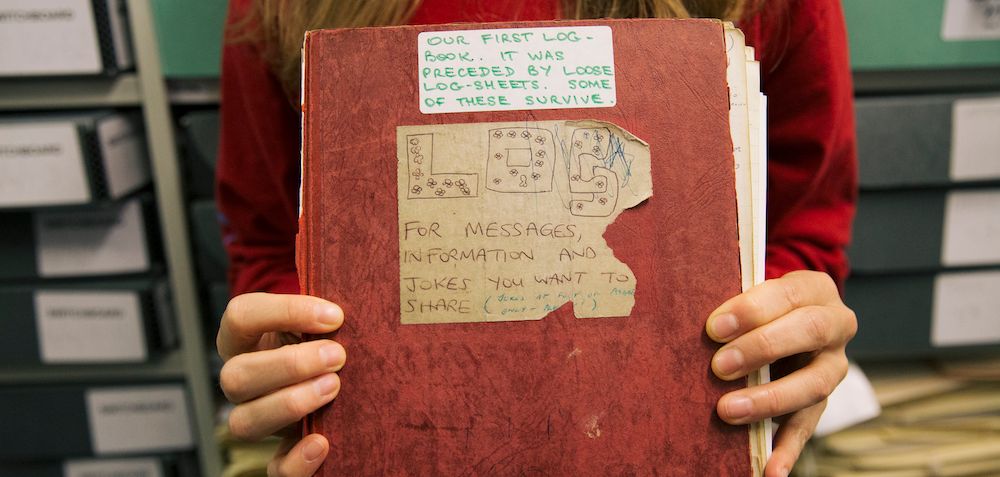
For Pride Month 🏳️🌈, we're talking to wonderful people who celebrate Pride throughout the year. Today we're talking to Adam Zmith, co-producer of the Log Books podcast, an award-winning podcast on the LGBTQ+ life in Britain as noted by volunteers at the helpline Switchboard.
Adam and Tash joined #TeamLightful's Lunch and Learn this month to tell us more about the Log Books so here's another opportunity to find out more about their inspiring project.
Hey Adam, how did you come up with the idea of the Log Books podcast?
The Log Books is based on the handwritten notes of volunteers who have staffed a helpline for people who want to talk about sexuality and gender identity. These notes go back to 1974 when the helpline was founded. Today, my co-host and co-producer Tash is a co-chair at the charity, which is called Switchboard - the LGBT+ Helpline.
Tash found the old log books in the attic at Switchboard one day and became absorbed in all the stories of LGBTQ+ life in Britain that they contain, and the conversations between volunteers about how to support people going through such a range of issues. Tash got the Bishopsgate Institute to absorb the log books into its special collections archive, to keep them safe, and then gave a public talk there one day about it.
I was attending that talk, listening to the old stories in Tash’s voice, and I could hear a podcast in it all. So I approached her afterwards and said, “Hi I’m Adam, can we make a podcast?”
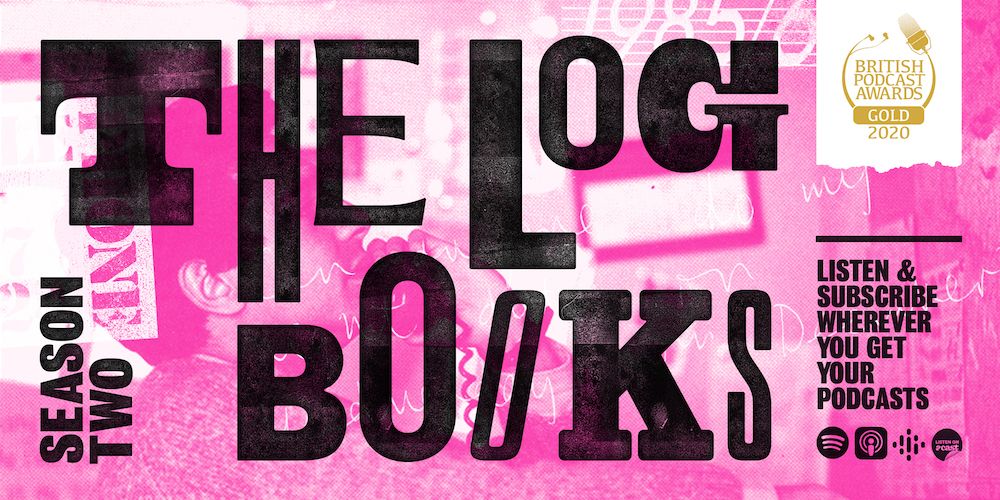
What’s the range of stories that you can find in the archive? What are the themes that you’re covering?
Almost anything you can imagine has been the subject of a call to Switchboard at some point between 1974 and today. There are super common topics, such as people asking for gay pubs in Bristol or lesbian nights in west London. Plus calls from people who are coming out, and often the volunteer they speak to on the phone is the first person they’ve told.
In our first two seasons, covering 1974 to 1991, there are some dark themes, from the police persecution of men for having sex with each other to the tragedy of the HIV epidemic. And then, by contrast, there is the joy of living a queer life, which comes up in calls about solidarity in the face of transphobia and in the calls from confident young lesbians who call to chat about their school crushes.
Are there any particular stories that you remember the most?
So many! From the actual log books, it’s the stories of men cruising for sex in the face of danger and police persecution that stick out the most to me. Log book entries like “Police actions at the toilets in Green Park tonight, so be warned.” And from our interviews that accompany our log book readings, I have two favourite stories.
First, Elaine and Lyn who were both living straight lives until they found each other — actually, through Switchboard because they both called at the same time — and then fell in love on a night out to the Gateways club that’s no longer there in Chelsea. Second, the story of George who became HIV+ in the late 70s / early 80s, and has survived to today by a combination of his amazing biology, his psychological strength, and the miracle of drugs.
How did you start the podcast in terms of getting it set up?
I had made podcasts before, so I owned the most important piece of equipment, which is a good sound recorder and mic. It’s a Zoom h4n, if you’re an audio nerd like me. I’ve also got a Marantz MPM-1000 mic which is an even better mic than the internal one on the Zoom. I borrow a mic stand from my neighbour. And I use Adobe Premiere as my editing software.
Why Premiere, a video-editing program? Well, it’s because I could only afford one Adobe program so I bought Premiere in case I wanted to make videos too, and I can edit audio in it by just ignoring the video track. Works well! In 2020 we had to get better at recording remotely because we interviewed people over video calls due to the pandemic. There are great tools like Zencastr and Riverside FM for that. We found a great podcast host platform in Acast, and they’ve given us a lot of support.
How do you decide the themes of each episode or season?

Everything comes from the log books. For each season I’ve spent about a week in the Bishopsgate Institute reading the thousands of pages of notes since 1974, and taking photos of stories and entries that stand out. Then I tag and categorise these stories, then cluster them into what seems to be themed, and Tash and Shivani (our third producer) discuss whether we’re getting the balance right and whether we’re approaching each theme and story in the right way.
These clusters then become episode foundations, such as the episode on nightlife in season one and the episode on censorship in season two. Then we set about speaking to people with memories of these times and stories, slotting their memories into the themes that we’ve set from the log books.
We’re in Pride season and we’re excited to have you at #TeamLightful talking more about Log Books. How have you seen Pride changing through the years?
My personal memory isn’t long enough to see much change. I only came out and truly accepted that I was a member of the beautiful LGBTQ+ community in 2014 when Pride was already big like today. But now I’m a kind of historian of queer life, through The Log Books and my other work, so I know that Pride stems from the first commemoration of the Stonewall uprising in NYC in 1969, and in the subsequent decades it was very much a protest in the face of heteropatriarchy — a declaration of freedom and confidence against those who would make us feel ashamed of ourselves.
Of course, now companies and brands are heavily involved too, not without controversy and charges of pinkwashing. In many ways, although this means there is a very mainstream way of doing Pride these days, it gives the radical parts of the LGBTQ+ movement a reason to keep jostling against comfortable assumptions. That’s our tradition.
What does Pride mean to you?
Pride means leading my life without fear or shame. I held back my mind and body until I was 29 because I knew I was queer. I was scared of HIV (even though I didn’t have to be) and of what people would think of me. I was ashamed to be a sexual person, and a gay one. No longer. I have no fear or shame now. That’s pride.
What’s next for the Log Books podcast?
Season three! We even got a National Lottery grant from the Heritage Fund to cover the costs of the production this time, so we started work on it in May. I’ve done the archive research, and now Tash and I are interviewing people with memories of 1992 to 2003. It’ll follow the same format as the first two seasons, but of course, given the time period, we’ll be covering new things like the internet and the Admiral Duncan bombing in 1999. It takes a lot of time to interview so many people, to record our own parts, then mix our episodes with music, listen and change, again and again, getting the balance right with these complex and important stories. Plus squeezing it all-around other work, jobs and projects. So we hope the new season will be ready to share with the world in November. And then it’ll be on to something else — perhaps a podcast based on my book about the history of the drug poppers, which is coming out in September ;)
You can listen to the Log Books podcast here.
🏳️🌈 In case you missed it, we've talked to Matt Horwood, Director of Communications and Campaigns at akt about his role, his team, and their current campaign.
Latest articles
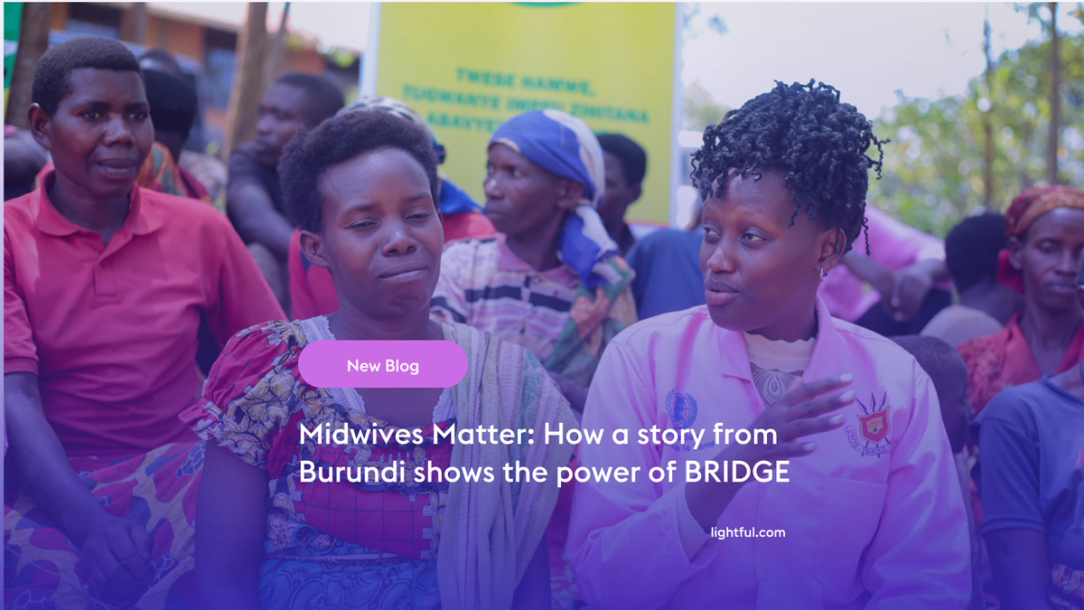
Over the past year, Lightful and the International Confederation of Midwives (ICM) have supported Midwives Associations across Africa, South Asia and the Eastern Mediterranean to build their digital confidence through our BRIDGE programme. These organisations were starting from very different places, but all shared the same goal: to use digital tools to strengthen their voice, raise their visibility and advocate for better outcomes for women and babies.
Related posts
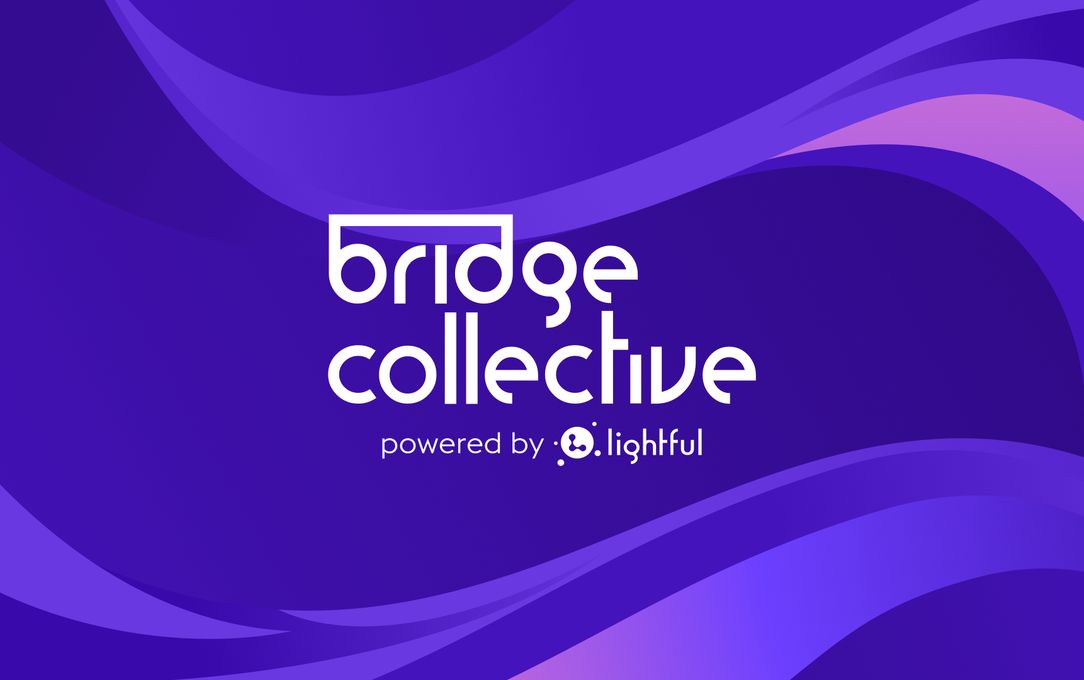
The philanthropic world is facing an unprecedented period of uncertainty. With cuts to international aid, freezes on domestic spending, and shifting global priorities, nonprofits are navigating a rapidly changing funding landscape. This moment calls for clarity, commitment, and a renewed focus on what truly strengthens civil society: long-term resilience.

On the 7th of February, we celebrated #ReclaimSocial – the annual day where we get together to share positive and inspiring messages on our channels.
See who we help
Contact us
Want to learn more?
Email Jonathan and start a conversation



